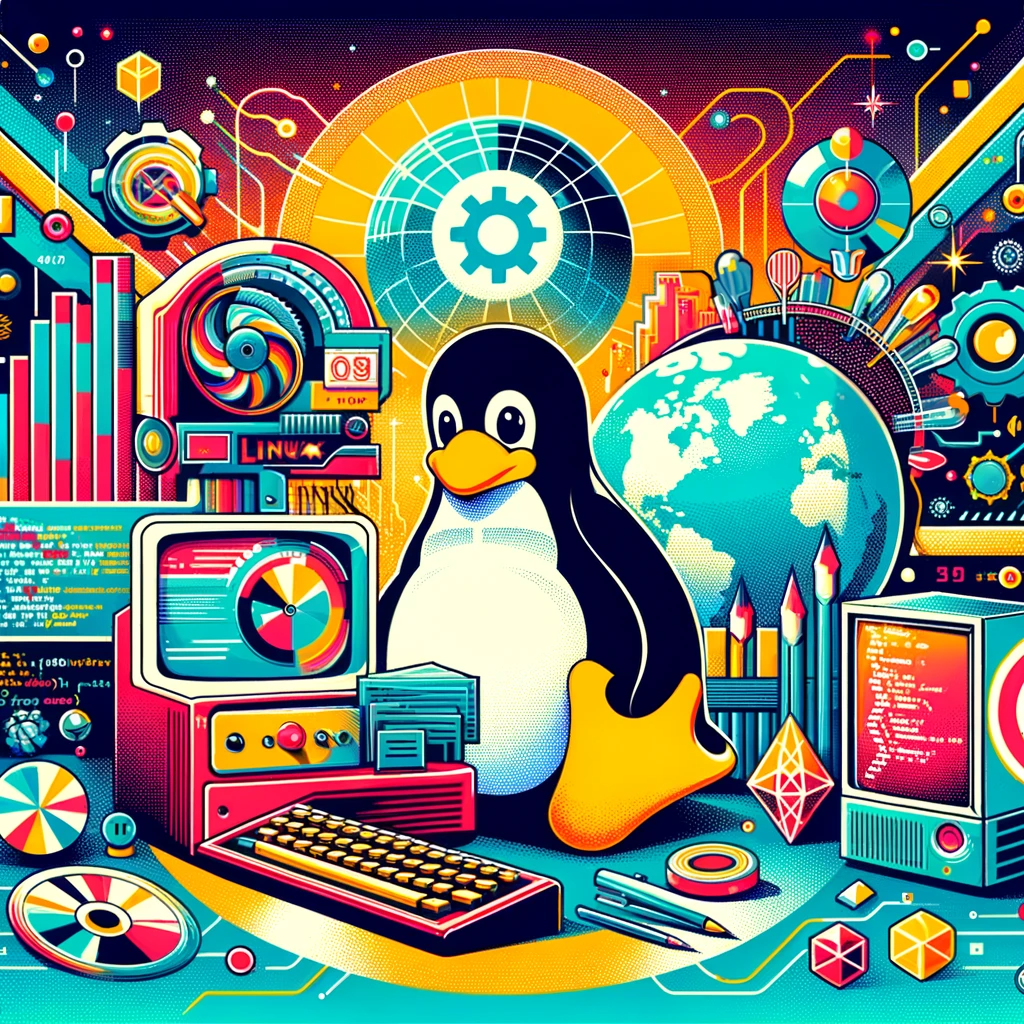Linux, a name synonymous with power, flexibility, and open-source, has revolutionized the world of computing. Its journey, beginning in the early 90s, is a tale of collaboration, community, and technological innovation.

The Birth of Linux
The story of Linux begins with Linus Torvalds, a young computer science student in Finland. In 1991, Torvalds, dissatisfied with the existing operating systems, embarked on a project to create a free, open-source system. His work led to the birth of Linux, a kernel that would soon power millions of systems worldwide.
Why Linux Stands Out?
Linux’s unique open-source model means that anyone can view, modify, and distribute their version of the software. This feature has led to Linux’s extensive adaptation and customization, making it a preferred choice for everything from personal computers to supercomputers.
Linux Distributions: A World of Choice
Over the years, Linux has branched into various distributions, each tailored to different needs. Distros like Ubuntu, Fedora, and Debian have made Linux accessible to a broader audience, from beginners to tech professionals.
Linux Today: More Than Just an OS
Today, Linux is everywhere – powering smartphones, running servers, and even driving cloud computing. It’s more than just an operating system; it’s a symbol of how collaboration can lead to extraordinary technological leaps.
Why Learn Linux?
Understanding Linux opens up a world of possibilities in computing. Whether you’re a developer, system administrator, or just a tech enthusiast, Linux knowledge is increasingly crucial in the tech-driven world.
Conclusion
From a simple project to a cornerstone of modern computing, Linux’s story is ongoing. As you embark on your Linux journey, remember, you’re not just learning an OS; you’re becoming part of a global community that’s shaping the future.



